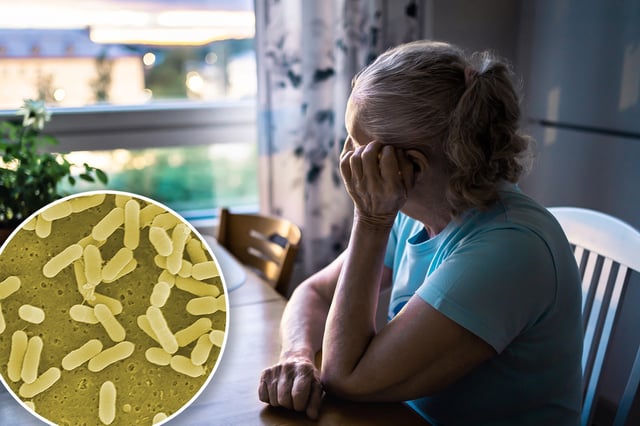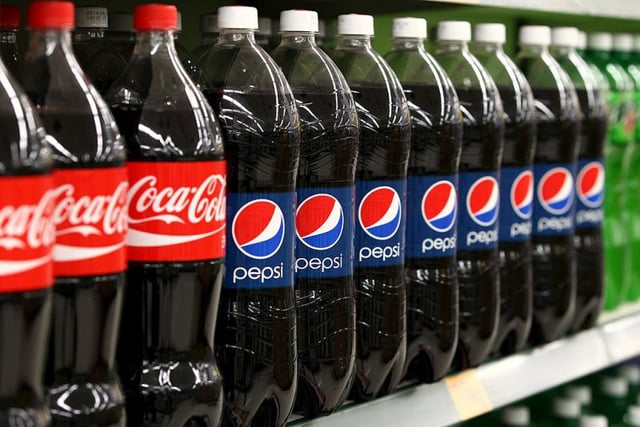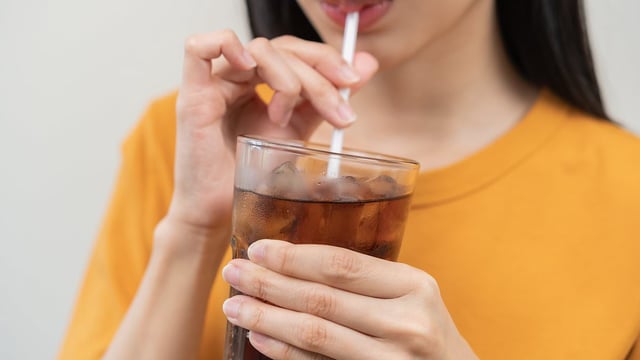Overview
- Analyzing 932 adults in the Marburg–Münster Affective Cohort, researchers found higher soft‑drink intake associated with both diagnosis and greater severity of major depressive disorder.
- The association was concentrated in women, with high consumption tied to a 17% higher odds of depression and stronger symptom scores, while no link was observed in men.
- Mediation analyses pointed to increased Eggerthella abundance explaining a small share of the relationship—3.82% of the effect on diagnosis and 5.00% on severity.
- Higher consumption was also linked to reduced gut microbial alpha‑diversity, adding to evidence of diet–microbiome interactions relevant to mood disorders.
- Authors stress the cross‑sectional design and self‑reported diet limit causal conclusions, and they call for longitudinal and experimental studies alongside dietary counseling and policies to curb soft‑drink intake.


